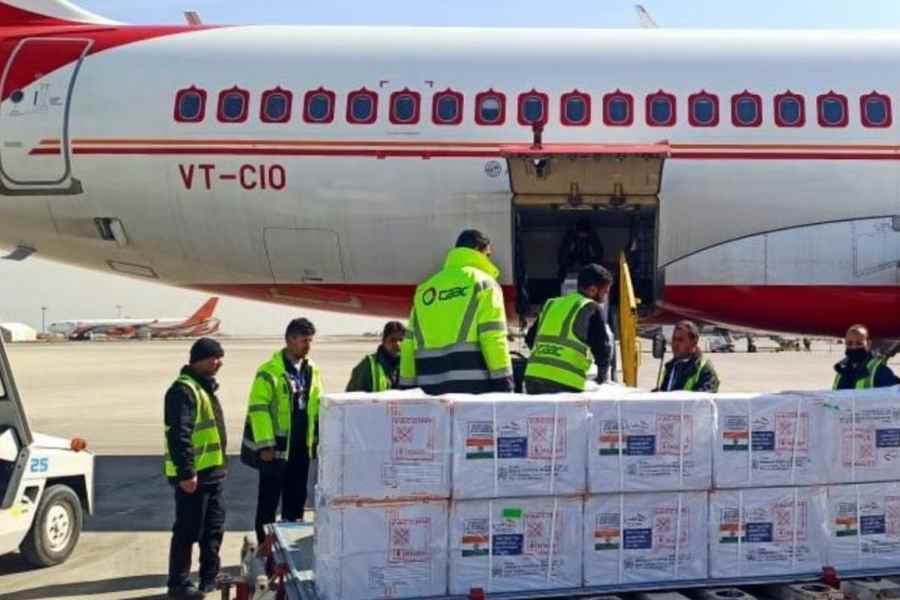The current geopolitical matrix is under severe strain. The Covid pandemic was followed by the Ukraine conflict that delivered a massive blow to the global economy, triggering a polycrisis of food, fuel and fertilisers. The international community is faced with the challenges of increasing commodity prices, disrupted supply chains and trade links, the fragmentation of connectivity, and unsustainable debt and other challenges. Meanwhile, climate change continues to wreak havoc. Together, these have created a major dent in the sustainability narrative, setting back the progress achieved in line with Agenda 2030 as embodied in the Sustainable Development Goals by years.
The impact has been more pronounced on the least developed countries, small island developing states, and low-income countries. For example, the United Nations’ Sustainable Development Report 2022 says that LDCs lack the fiscal capacity to fund emergency response and investment-led recovery plans aligned with the SDGs. As per the UN, almost 60% of LDCs and other low-income countries are at a high risk of or in debt distress. This is not to say that the developed countries have been left untouched. According to the projections by the International Monetary Fund, advanced economies may possibly experience economic slowdown: from 2.7% in 2022 to 1.4% in 2024.
Development cooperation has thus become an absolute necessity and is pivotal to countering climate change, conflicts, food insecurity and broader sustainability issues. Development partnerships (SDG 17) stresses on bringing together developed and developing economies through modalities of North-South, South-South and triangular cooperation. Several experts reiterate how Agenda 2030 has become an important reference framework for development cooperation, which, in turn, is instrumental to achieving the global common good. It can instil an integrated approach towards the implementation of the SDGs.
The development cooperation landscape has diversified with the rise of the Global South. The Global South spearheading the G20 through successive presidencies — Indonesia in 2022, India in 2023, and Brazil and South Africa in the next two years — creates an opportunity for highlighting the concerns of the region on the world’s biggest governance platform. It has compelled the Global North to pay attention to the persistent issues faced by nations in the Global South. With well-established development-cooperation models, India and China can play a pivotal role in shaping the global economic discourse and political dynamics, providing alternative sources of financing for developing countries. Although their respective models are poles apart, they have emerged as dominant players in establishing large-scale connectivity models, bolstering inclusion at multilateral forums and fostering diversified partnerships. This is where the Global North has consistently faltered, given its traditional mindset based on aid conditionalities.
International partnerships from the Global South witnessed an upswing during the pandemic. India’s Vaccine Maitri initiative (picture), involving the distribution of vaccines across the immediate neighbourhood and also in Africa, came at a time when multilateral institutions had failed to take urgent action. South-led development banks, like the New Development Bank, offered financial support to the LDCs to tackle the socioeconomic fallouts of the health crisis. Since the Global South can offer low-cost developmental solutions, such partnerships can be crucial to alleviating multiple crises.
It is undoubtedly a difficult task to ignore the North-South binary, particularly in the light of the growing disparities exacerbated by the pandemic. However, it is imperative that the Global North identifies the necessity to collaborate with the South to tackle the pressing sustainability challenges.
Swati Prabhu is Associate Fellow, Centre for New Economic Diplomacy, ORF











